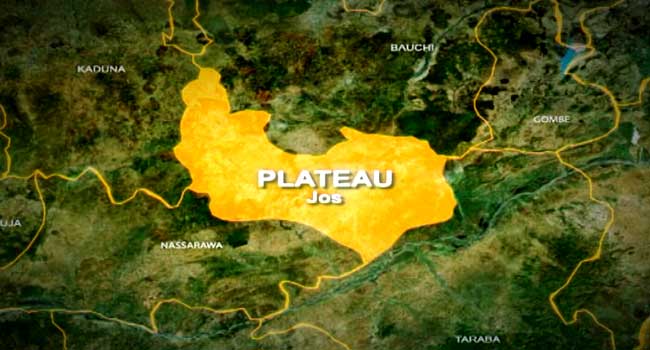Worried by the alarming rate of child abandonment, trafficking, child prostitution, and other forms of sexual and gender-based violence, the Plateau State Gender and Equal Opportunities Commission, on Thursday sensitized ethnic development associations in the State on the menace and urged combined efforts at curbing them.
The Commission noted that combating the menace requires the collaboration of all stakeholders to secure the future of the children and redeem the image of the State which is being tainted by the upsurge of the vices.
Recently, young children from the State have been repatriated home almost weekly from cities within and outside the country through the efforts of the Commission with those of the State Ministry of Women Affairs and Social Development, National Agency for the Prohibition of Trafficking in Persons, NAPTIP, relevant non-governmental organizations, and others.
The Chairperson of the Commission, Mrs. Olivia Dazyam stressed the meeting was to build the capacity of the communities’ leaders to understand the negative consequences of allowing the menace to fester in communities without any effort to nip it in the bud.
She exposed the participants to relevant laws and helplines they could explore to tackle the problem and reminded them that the problems can negatively impact on the peace and well-being of the communities.
Her words, “Trafficking has become a pandemic in Plateau State and we have handled many alarming cases since the inception of this government. According to statistics from the National Bureau of Statistics, Nigeria Child Labour Survey 2002 sponsored by the International Labour Organization, Plateau State is 4th with child labour indices which is alarming.
“Parental abandonment of responsibilities towards their children and family is an offense under our law and can not be accepted. The benefits of engaging ethnic development associations are to increase awareness and sensitization in local communities.
“Use culturally sensitive approaches to addressing GBV, child trafficking, neglect and abandonment of family responsibilities, strengthen community resilience and support systems, and emphasize the importance of a coordinated and wholistic approach to addressing the issues.”
Dazyam maintained that “Ethnic Development Association leaders have a unique platform and the ability to reach vast populations in their communities through ethnic development meetings and programmes.
“They can use that platform to help disseminate messages that focus on social welfare protection and challenge gender-based violence, trafficking, neglect and abandonment of family responsibilities, gender equity, and harmful traditional practices. Their support is essential in transforming attitudes and behaviours towards gender equality.”
She took time to explain the provisions and punishments in the Gender and Equal Opportunities Laws, the Violence Against Persons Prohibition Laws, and the Child Rights Law, 2005, and stressed the government is determined to use the provisions of the laws to punish the violators of the laws.
In their responses, the diverse leaders asked questions and narrated their experiences in combating the menace, calling for stiffer punishment for those caught in the act.



